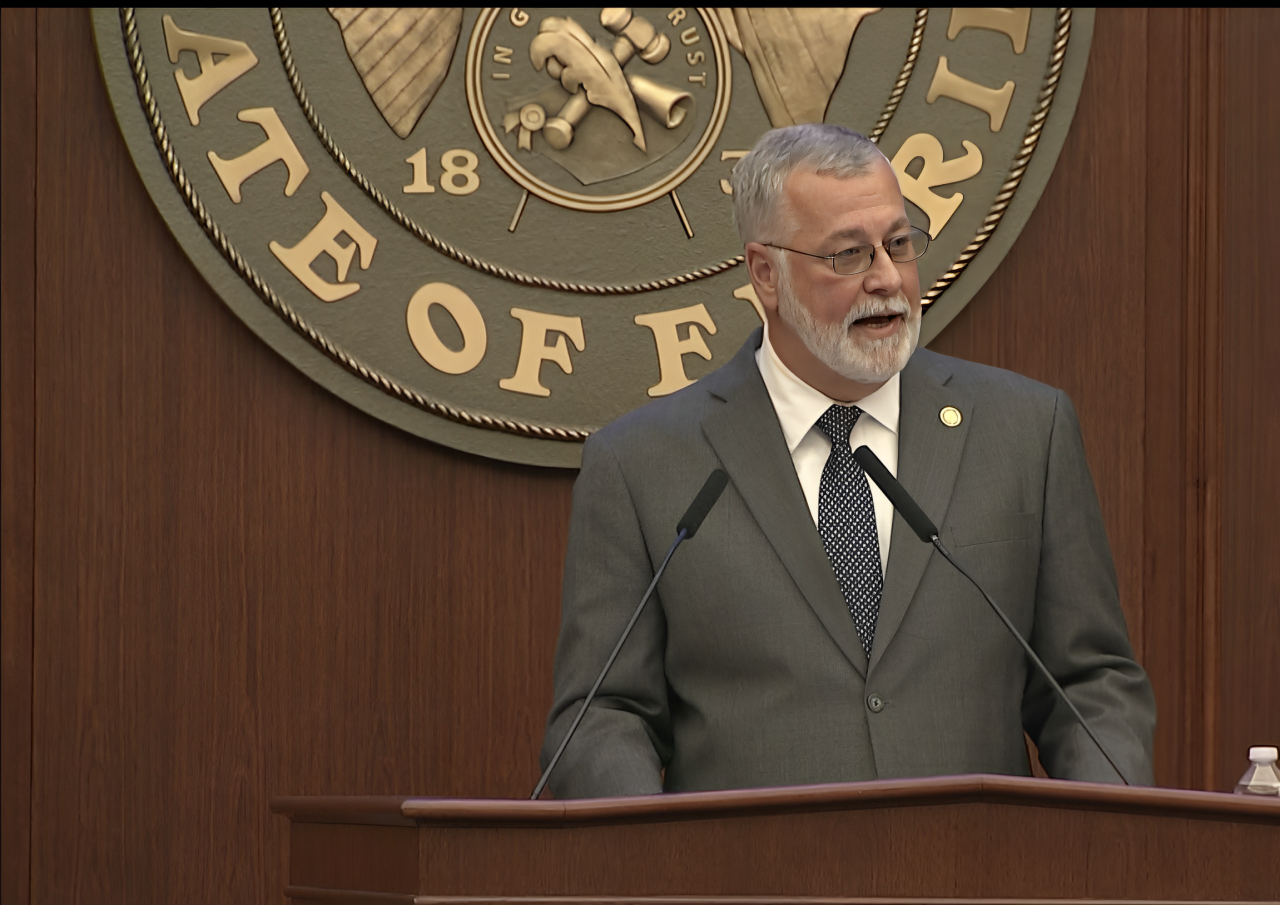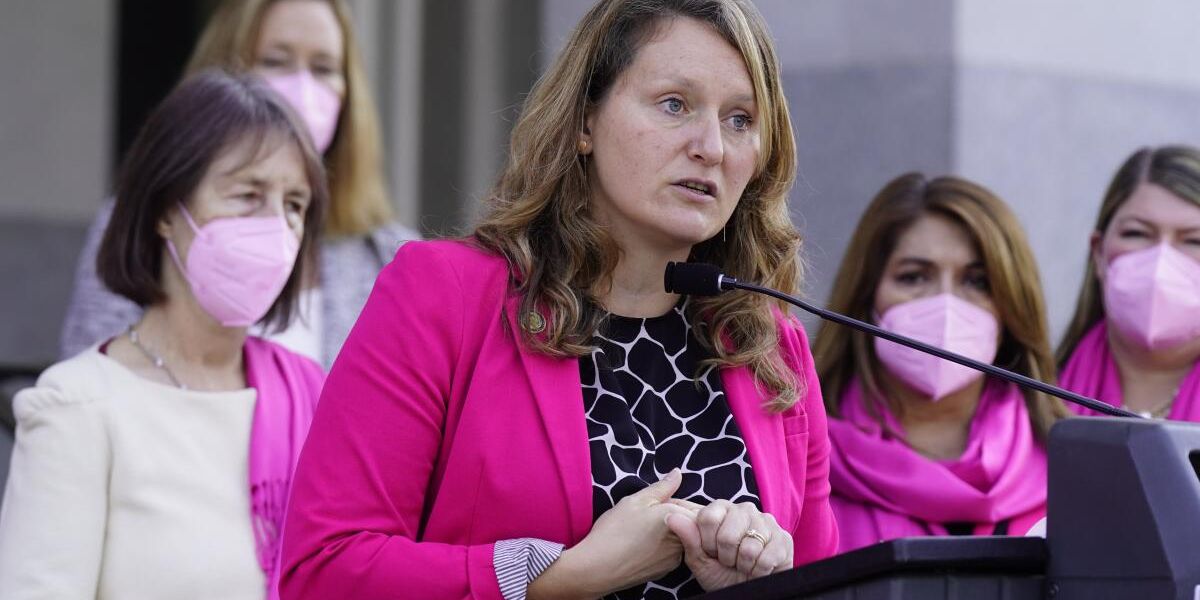The Florida Senate has introduced a new plan to help children with autism and their families. Senate President Ben Albritton supports this proposal, known as SB 112, which Senator Gayle Harrell filed. The bill aims to provide free autism screenings, referrals, and related services. It also proposes two new grant programs: one for specialized summer programs and another to support charter schools that exclusively serve children with autism.
Currently, the bill does not specify funding amounts. This means that the necessary funds will be decided during the next fiscal year’s budget discussions. As of now, there is no similar proposal in the House.
Senate President Albritton, a Republican from Wauchula, stated, “We have heard a lot of discussion and theories about the root causes of autism. I don’t have those answers, but I do know more and more families across our state are dealing with challenges and can use our support.” He emphasized that the bill offers support from various angles, including research, early detection, and education opportunities, allowing parents to make the best decisions for their children.
Senator Harrell, a Republican from Stuart, is well-positioned to lead this legislation. She serves on several key committees, including Health Policy, Children, Families and Elder Affairs, and Appropriations, which are likely to review the bill.
Autism spectrum disorder (ASD) is defined by the Diagnostic and Statistical Manual of Mental Disorders, Fifth Edition (DSM-5), as a condition with persistent challenges in social communication and interaction, along with repetitive behaviours. According to the Centers for Disease Control and Prevention, as of 2020, approximately one in 36 children aged 8 were estimated to have autism.
A summary from the Senate notes that the bill seeks to expand the Dr. and Mrs. Alfonse and Kathleen Cinotti Health Care Screening and Services Grant Program. This program, established last year through the Live Healthy Act, was a priority of then-Senate President Kathleen Passidomo. It provides grants to nonprofits offering free health screenings, referrals, and potential treatments for various diseases, including dental, scoliosis, and vision screenings. The new bill would add autism to the list of conditions these grants can address.
Additionally, the legislation directs the Department of Health (DOH) to seek federal approval under the Individuals with Disabilities Education Act (IDEA). This would allow Florida families the option to receive early intervention therapies and services through the Early Steps program until their child turns four. Currently, children age out of the Early Steps program when they turn three.
The bill also designates the University of Florida Center for Autism and Neurodevelopment as a statewide hub for autism research, services, and best practices. This centre will manage funds for summer educational programs for children with autism, focusing on behavioural and social skill development; speech, occupational, or behavioural therapies; and family support and training workshops.
In summary, SB 112 represents a comprehensive effort by the Florida Senate to enhance support for children with autism and their families. By expanding health care grants, extending early intervention services, and promoting specialized education programs, the bill aims to provide a multifaceted approach to addressing the challenges faced by the autism community in Florida.
Disclaimer: This article has been meticulously fact-checked by our team to ensure accuracy and uphold transparency. We strive to deliver trustworthy and dependable content to our readers.




